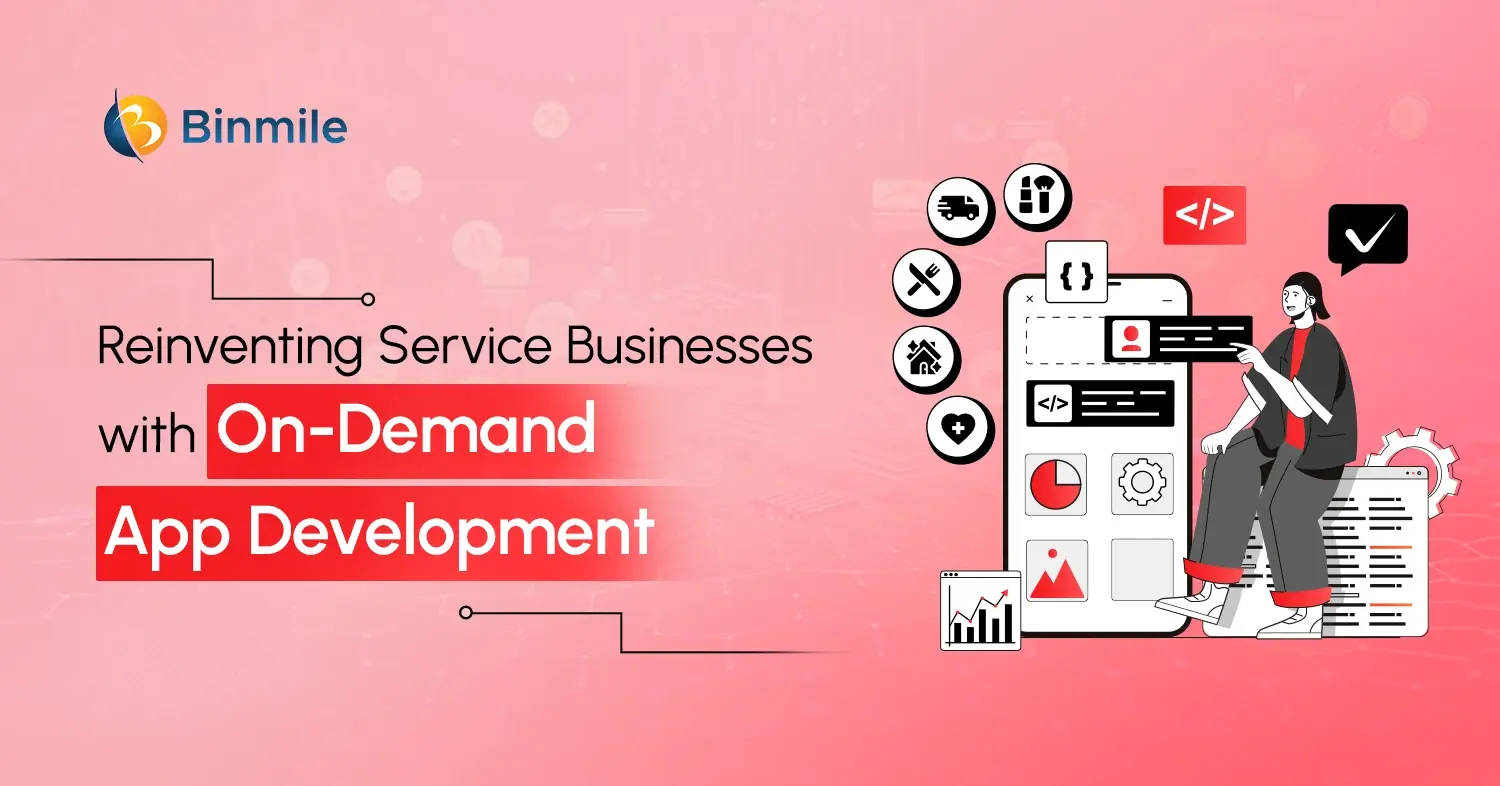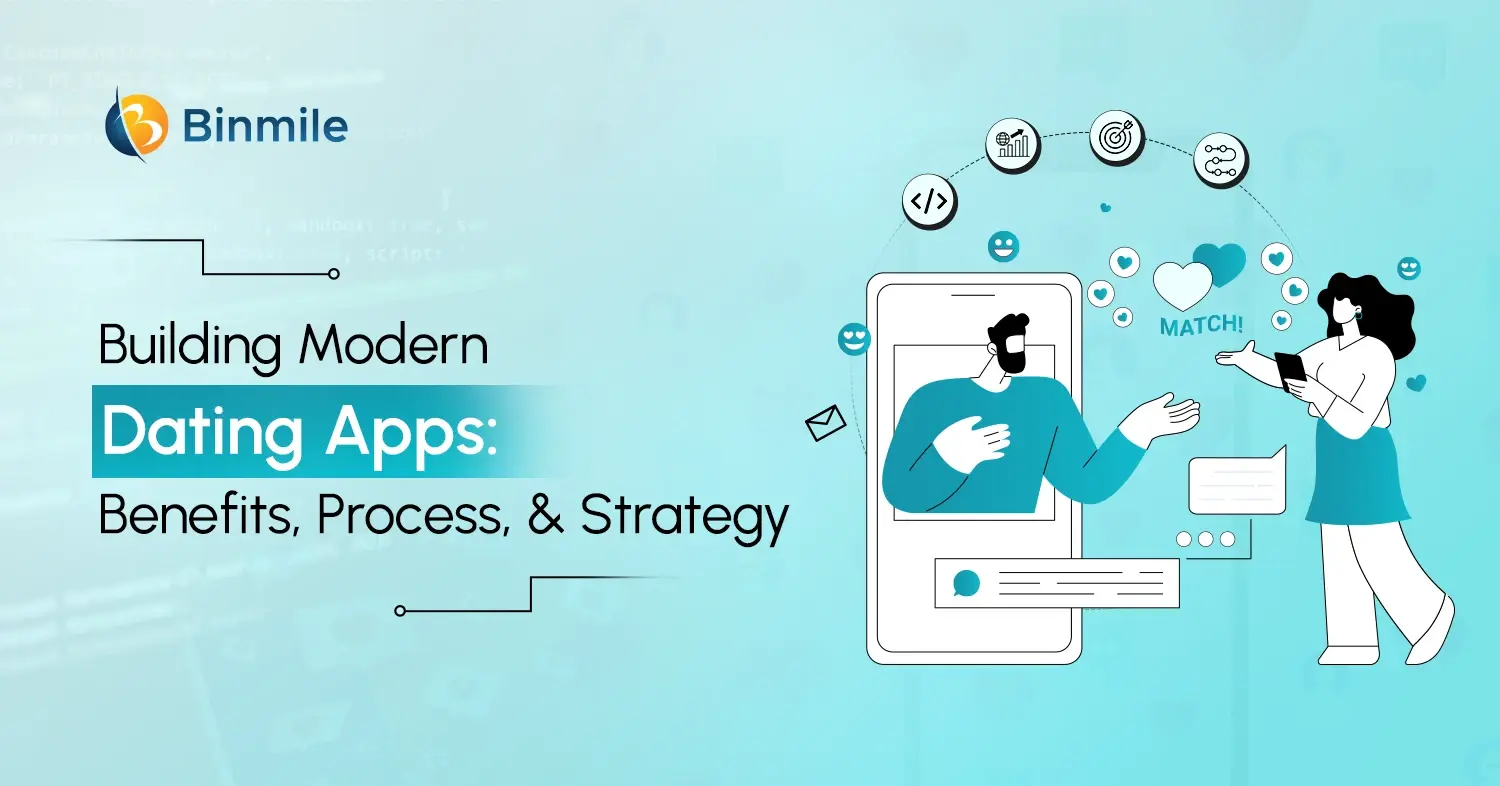The travel industry has been disrupted by technology, and hotel booking apps have become indispensable tools for modern travelers, all thanks to mobile technology. Therefore, the way people plan and book their travels is undergoing a transformative shift. Every step can now be done with a hotel booking app, from browsing hotels to booking them. However, you need an effective and well-defined hotel booking app development process to have a well-crafted custom mobile. This significantly enhances the user experience, increases bookings, and helps you boost revenue while edging out your competitors. Another reason you need a hotel booking app development guide is because the global online hotel booking software market size is expected to hit $25.3 billion during the forecast period of 2021-2029.
Undoubtedly, these numbers will continue to increase as people rely more on technologies and innovations. So, whether you’re an entrepreneur aiming to break into the hospitality industry or a business looking to optimize your booking platform, all you need is to perfect the steps to create a hotel booking app. In this blog, we’ll explore key tips for developing a hotel booking app. In addition, we’ll also discuss hotel booking app development costs and top app features that can set your app apart from the competition.
A Strategic Guide from Idea to Launch for Effective Hotel Booking App Development
Hospitality owners across the world are increasingly leveraging digital transformation for their operations. Since more and more customers will be using mobile or web applications to find, book, and review hotels, you need to ensure you have a hotel reservation system ready that caters to their demands. Therefore, we’re sharing an effective hotel booking app development process to help you go beyond your customer’s expectations:

1. Define Your App’s Purpose & Features
Start by clearly outlining the purpose and core features of your hotel booking app. Ask yourself: what problem are you trying to solve for users? What are the key functionalities they will expect? To figure out the answers, conduct market research and understand user needs and pain points when booking hotels. Identify must-have features such as hotel search, booking, reservation management, and user accounts as well as any additional value-added capabilities that could differentiate your app. You also need to document the app’s key use cases and create wireframes or mockups to visualize the user flow and interface.
2. Select the Technological Foundation
Choose the appropriate technology stack to support both the backend and frontend development. Decide whether to use a cross-platform framework like React Native or Flutter or develop native apps for iOS and Android. On the backend, select a framework (e.g., Node.js, Django, Ruby on Rails) to handle server-side logic, APIs, and database integration (e.g., MongoDB, PostgreSQL).
Build APIs to connect with third-party services like hotel booking providers and payment gateways. They enable developers to leverage existing functionality and services without reinventing the wheel. For instance, frontend development focuses on integrating the user interface with backend systems, ensuring smooth interactions like hotel search, booking, and payments. This integrated approach ensures seamless functionality across the entire app and also helps developers leverage existing functionality and services without reinventing the wheel.
3. Design an Intuitive User Experience
Create a visually appealing and intuitive user interface for your hotel booking app and establish mobile UI patterns and guidelines to ensure a consistent, user-friendly experience across platforms. You can do this by designing responsive screens for key features like hotel search, booking flows, and user account management while ensuring smooth navigation, information architecture, and micro-interactions to optimize the overall user experience. Well-designed user experience enhances app performance by improving navigation, minimizing loading times, and ensuring a responsive and intuitive design. This, ultimately, translates into better user satisfaction, lower bounce rates, and increased retention.
4. Embed Secure Payment Processing
Integrate a secure payment gateway to enable seamless in-app transactions for hotel bookings as it helps you avoid security breaches and damage to your brand trust. You must research and evaluate popular payment processors (e.g., Stripe, PayPal, Braintree) based on factors like fees, supported payment methods, and ease of integration. The effectiveness of secure payment systems is guaranteed by their adherence to certain payment industry standards and regulations. These include the Payment Card Industry Data Security Standard (PCI DSS) and EMV.
To help bolster your online security and adhere to industry standards, follow best practices for mobile payments and data privacy and actively protect your business from unauthorized access by fraudsters since you’ll be dealing with users’ sensitive information, especially payment details. You can achieve this secured payment system through the interplay of several key components, including encryption, tokenization, multi-factor authentication, and fraud prevention tools.
5. Prepare for Launch & Ongoing Optimization
Once the development is nearing its completion, another critical aspect of hotel booking app development is delivering brilliant customer experiences. These QA testing services ensure the application’s adherence to predefined quality standards and specifications. It involves a series of testing and inspection activities to detect and rectify errors, inconsistencies, and any aspects that could impair the app’s performance, usability, security, and overall user satisfaction.
Once you’re satisfied with the app’s stability and quality, prepare for the official launch by submitting it to the respective app stores (e.g., Apple App Store, Google Play Store). Once you’ve uploaded the app in these app stores, continuously monitor user feedback, usage data, and market trends, and iterate on the app to add new features, address user pain points, and stay competitive in the hotel booking landscape.
Build a powerful hotel booking system with enterprise-level features, from advanced security to real-time availability and payment processing.

Types of Hotel Booking Apps: Picking the Perfect One for Your Needs
It’s crucial to understand what kind of hotel booking app you need before you start on your hotel booking app development journey. After all, there’s no point in investing both human and monetary resources on something that’s not your niche or isn’t what your target audience wants. So, here’s a list of 5 basic categories of hotel booking apps.

- Hotel Consolidator Apps: On these apps, users can compare offers from various booking platforms to find the best deals on hotel booking apps. For instance, Booking.com and Expedia.
- Last-Minute Hotel Booking Apps: Apps like HotelTonight and Last-Minute Rooms make accommodations available at discounted rates for immediate bookings for travelers with flexible plans.
- Hotel Chain Mobile Booking Apps: Developed by individual hotel chains to offer exclusive deals, loyalty programs, and personalized services to their customers. For example, Hilton Honors and Hyatt.
- Advance Hotel Booking Apps: These apps focus on helping users plan their trips in advance by offering early booking discounts and flexible cancellation policies. Examples include Travelocity and Orbitz.
- Hybrid Hotel Booking Apps: These apps combine features from multiple categories, providing users with a comprehensive platform that offers both last-minute deals and booking options. Hotels.com and Priceline are prime examples.
Hotel Booking App Development Cost in 2025: Detailed Breakdown
From app type and features to the location of your outsourcing app development services partner, a hotel booking app development cost varies significantly based on several factors. So, considering the basic hotel booking app features, developing the MVP will cost at least $20,000. However, depending on the technology selected or the platform for the hotel mobile app development, it might be a little bit more or less.
However, if you want to launch a full-featured and versatile hotel booking software with advanced features, then it’ll add extra numbers to the software development cost and can be anywhere between $25,000 and $150,000.
Key Features to Include in Your Hotel Booking App Development
Modern users expect more than a well-designed, secure, or seamless mobile app. Therefore, go beyond the usual to improve usability, entice a wider audience, and contribute to the overall app’s success and competitiveness in the market. How? We’ll discuss some of the core features and additional features that offer flawless, intuitive interfaces and an engaging user experience. These are:

Core Features:
- User Registration and Profile Management to let users create accounts, update their profiles, and save preferences.
- Enable users to search for hotels based on location, price range, amenities, star rating, and other criteria.
- Provide comprehensive information about each hotel, including photos, descriptions, reviews, and amenities.
- Display accurate and up-to-date room availability and pricing information on your custom mobile app solution.
- Offering a secure and versatile booking process with various payment options is a must.
- Send instant booking confirmations and detailed itineraries to users post-booking.
Additional Features:
- Allow users to check in and check out directly from their phones.
- Enable communication between users and hotel staff via in-app messaging.
- AR/VR-enabled virtual tours of hotel rooms and facilities.
- Implement a loyalty program to reward frequent users.
- Use AI and machine learning to recommend hotels based on user preferences and past behavior.
- Enable users to access key features of the app even when they’re offline.
- Integrate with other travel services like car rentals, flight bookings, and activity bookings.
Need a custom Android app? Let our skilled team create a high-performance, feature-rich solution tailored to your business needs.

Wrapping It Up
Undoubtedly, the advent of the Internet and mobile phone technologies has significantly impacted the tourism and hospitality sectors. In this scenario, the significance of creating a custom mobile app for your hotel business cannot be understated. After all, developing a hotel booking app boosts your sales, increases brand awareness, and gets more traction with customers. However, it’s only possible if you’ve got the hotel booking app development process right. That’s why we’ve shared some of the best tips to help you build a successful hotel booking app development strategy. This hotel booking app development guide will enable you to cater to the growing tech-savvy modern travelers.
As a leading mobile app development company, we specialize in creating hotel booking applications that are versatile, user-friendly, secure, efficient, and feature-rich. So, ring us; our development experts will assist you in hotel booking app development services that bring value to both your customers and your business.









